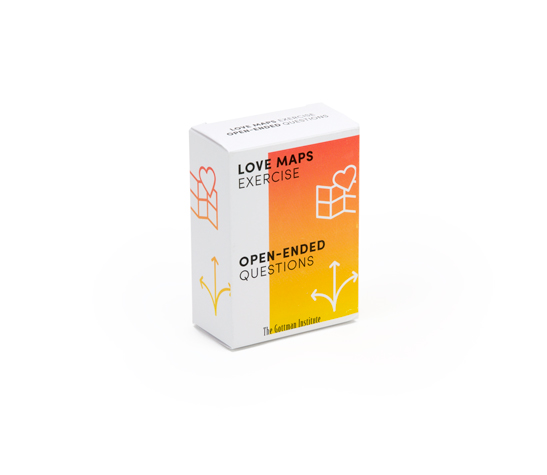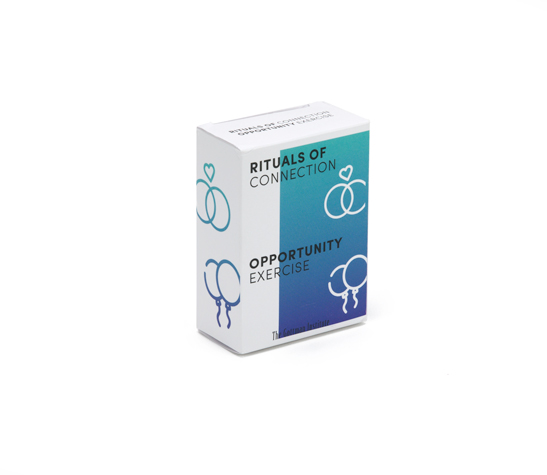The words from last night’s conversation are circling around in your brain. Your partner came out to you.
Maybe you weren’t 100% surprised, but still, it’s been said out loud and now you’re sitting on the gravity of this information wondering what to do next.
Maybe your brain is playing ping-pong:
You want to support and respect their journey.
But what if this means you aren’t sexually compatible?
You feel honored that your partner was so honest and vulnerable.
But deep down you can’t help feeling betrayed, like a secret has been kept from you and you wonder if anything else has been hidden.
You believe that love is love and support the rights of the LGBTQ community.
But you have never considered yourself a part of this community. What will this mean?
And the questions just keep coming in one after another. Worst of all…
Are we going to split up because of this?
Some relationships do end after one partner comes out, and some do not.
There are no clear-cut answers to your questions. You and your partner get to co-create the relationship that you want to be in. It’s important not to over-simplify the complexity of human sexuality, gender identity, and orientation.
Luckily relationship experts know how to help couples manage differences. The advice in this article is intended as a tool to provide some structure to help you make sure both your voices are heard and both of your needs are taken into consideration. The advice is based on my 28 years as a couple therapist combined with what we know from The Gottman Institute’s four decades researching over 3,000 couples.
Here are some starting off points to work from.
Step 1: Remember you don’t have to do anything you don’t want to do
The two of you are members of the same team. You are going through this together and can make a joint decision about what is best.
Step 2: Ask open-ended questions (even if you’re afraid of the answers)
Before you approach your partner for a conversation, we recommend some self-care. If your heart is beating over 100 beats per minute, you are in a state of fight or flight (also called flooding), and you won’t be able to have a productive conversation. To make sure you’re calm, do whatever works best for you to clear your mind and ground yourself.
Once you and your partner are both ready to talk, start by asking open-ended questions and listening deeply to the answers. Human beings are happier in relationships when they feel known. It is one of the seven principles that lead to relationship stability, which is the crucial skill of “building love maps.”
As you ask your questions, be a non-judgemental listening ear. Let them tell their story in their own words. Ask clarifying questions if you need to, but not challenging ones.
For example, instead of:
“Why didn’t you tell me earlier?”
Try something like:
“What kinds of things have you been thinking about?”
“What else would you like me to understand?”
“How can I support you right now?”
Don’t be afraid to ask any questions that are coming up for you. Some people worry that asking questions is intrusive. On the contrary, showing kind curiosity is a way to express interest and support to the person you love. It is more likely to lead to feeling closer and better understood.
You might have questions about the words to use to talk about this, or you might ask for definitions of terms that are new to you. Remember that your partner is not speaking for an entire community. They are simply sharing what they think and believe.
As your partner speaks their truth, you are being invited into a sacred part of their world and identity. It is a brave thing for them to share, and it’s brave of you to be open to listening.
You might hear things that are dramatically different than you thought they were. This doesn’t mean that your partner is changing. It means that they trust you enough to share who they are with more depth and update their love maps.
Step 3: Be honest with yourself and your partner
Follow up by reflecting on what you are hearing. This is how they’ll know that you care enough to deeply understand them.
As you listen to the answers to your questions, fears and doubts might rear their heads. You might wonder if you need to change the essence of who you are or the kind of relationship you want to be in.
Try not to let that fear block you from speaking your own truth. Even though you don’t want to lose the person you love, neither do you want to convince yourself you should feel or believe something that is not true for you.
The first step is for each of you to simply talk honestly about it. We know from the Gottmans’ research that compromise works when both people are able to be clear about the areas where they are flexible and the areas that are core needs.
Step 4: Take your time
You don’t have to make any decisions right away. These issues are complex and will take time to integrate and to educate yourselves.
All the great aspects of your relationship haven’t gone anywhere. You’ve got some hard work to do, so in the meantime, try to keep having fun together. Go to your favorite places, enjoy your favorite dates, and let life go on simultaneously.
One more take-home message
Keep your eye on the prize. Imagine having deeper clarity about your own sexuality as well as your partner’s.
Instead of feeling like you have to do something you don’t want to do, or your partner having to extinguish an important part of who they are, in time, you can make a mutual decision that will allow both of you to be the entirety of who you are.
Do the work, be brave, speak your truth, and listen to your partner’s truth.










